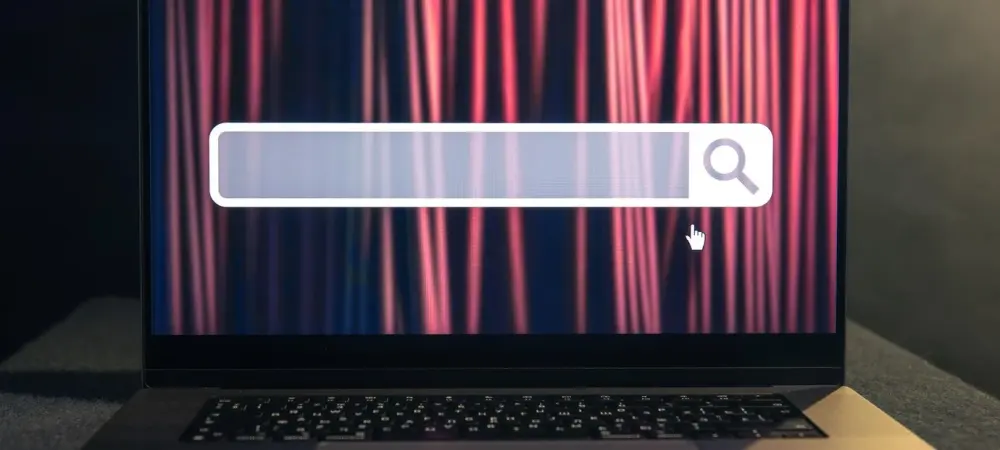In a digital age where online safety is constantly under threat, the question arises: Are your cybersecurity habits robust enough to safeguard your online presence? Zero-day vulnerabilities, which are security loopholes unknown to vendors and exploited by cybercriminals before anyone can patch them, have emerged as one of the most sinister threats lurking in the shadows of the internet. We explore a pressing security issue that has prompted Google to urge users worldwide to update their Chrome browsers immediately.
The Heightened Importance of Cybersecurity Now
The digital landscape is witnessing an unparalleled surge in cyberattacks. With increasing sophistication, these digital threats endanger both personal privacy and organizational security. As cybercriminals grow more adept at their craft, zero-day vulnerabilities present a convenient gateway for their illicit activities. This recent threat linked to Chrome underscores the urgent need for robust cybersecurity measures to counteract these evolving risks.
Unpacking Chrome’s Recent Security Flaw
A zero-day vulnerability, identified as CVE-2025-6554, has been discovered within the V8 JavaScript engine used in Chrome. This type confusion flaw allows attackers to execute arbitrary code, posing grave security risks by allowing remote readings and potential system crashes through malicious web pages. Such security breaches, especially those unaddressed like zero-days, can lead to severe consequences, including unauthorized downloads and malicious code execution through mere interaction with compromised sites.
Security Experts on the Front Line
Clément Lecigne of Google’s Threat Analysis Group uncovered this vulnerability, indicating its manipulation in highly targeted operations possibly by nation-states or sophisticated surveillance entities. Security experts emphasize the critical nature of zero-day threats, warning of their potential use in cyber warfare and national security breaches. Highlighting the gravity of such a flaw, Google’s prompt response underscores the urgency with which this matter should be treated.
How to Secure Your Browser and Stay Protected
To protect against this vulnerability, users should promptly update Chrome to its latest version. This extends to other Chromium-based browsers such as Microsoft Edge, Brave, Opera, and Vivaldi. Organizations are advised to integrate automated patch management systems to ensure timely updates, thereby reducing exposure to such threats. Regular security reviews and maintaining awareness of cyber risks are pivotal in safeguarding digital environments.
Moving Forward: Navigating Future Cyber Threats
The recent zero-day threat served as a reminder of the continuous vigilance required in the fast-evolving field of cybersecurity. It highlighted the importance of maintaining updated software and deploying measures to identify and mitigate potential security breaches swiftly. The increasing frequency of sophisticated cyberattacks calls for ongoing collaboration between technology providers and users, advocating a proactive approach to cybersecurity to foster an era of more secure browsing.

